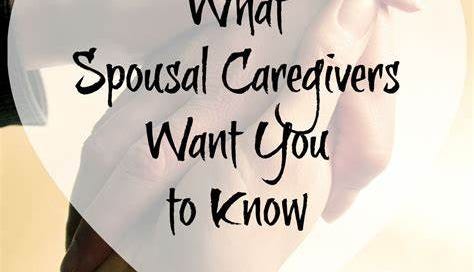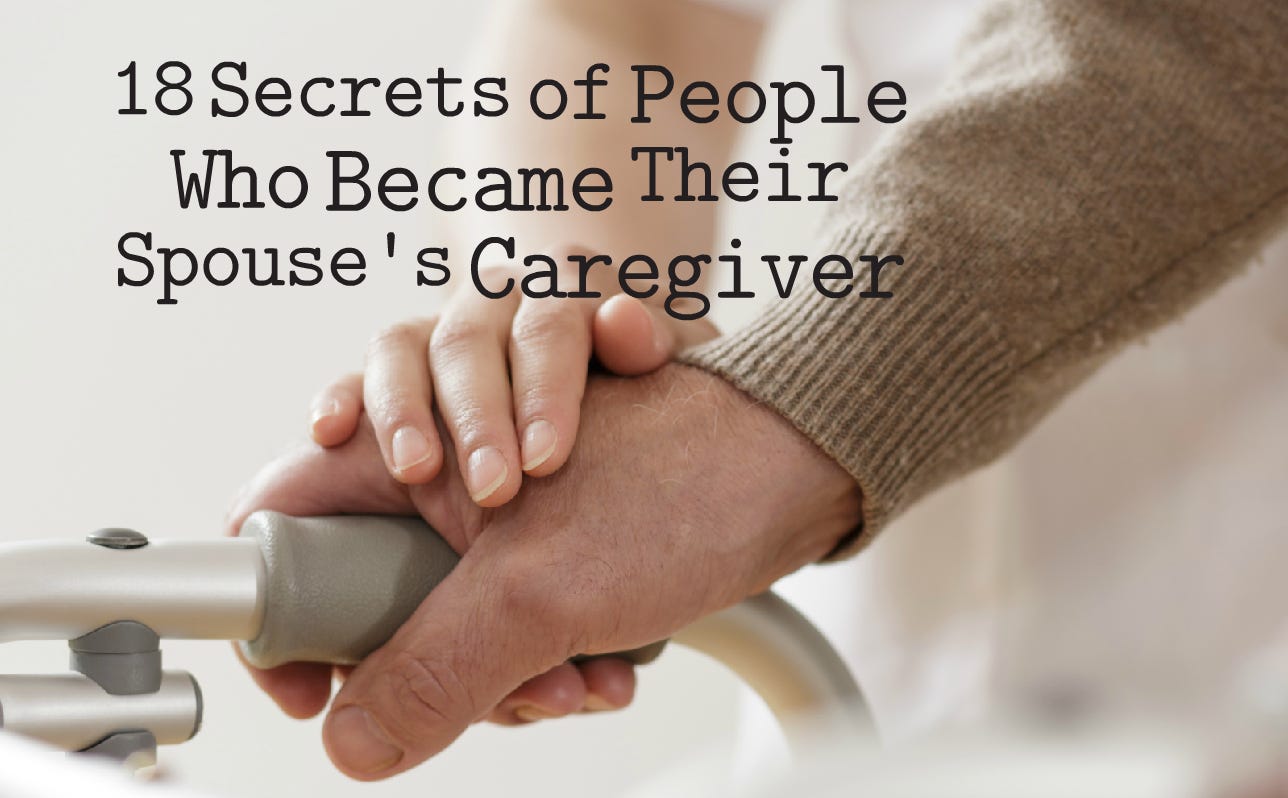Let us not become weary in doing good, for at the proper time we will reap a harvest if we don’t give up. Galatians 6:9
True Confessions: Sometimes it was only the vow I had made to Ron and God at the marriage altar that kept me from walking away during my long years as a spousal caregiver. I lived those years under an avalanche of adjectives: exhausting, exasperating, dirty, smelly, depressing, time-consuming, soul-crushing, anxious, helpless, never-ending, and invisible.
Yes, invisible. I found that to be particularly troublesome; I was a member of a faith community, the same one where Ron and I had served for many years and raised our three children, and yet no one seemed interested in how I—wife, mother, caregiver, full-time teacher—was faring. People asked about Ron, as expected, but no one asked how I was doing under the crushing weight of so many responsibilities
.
I wasn’t alone in that lack. According to the National Institute on Aging, there are more than 5 million unpaid spousal caregivers in the United States. 40-70% report often feeling isolated or depressed. While the Well Spouse Association (Wellspouse.org) offers some community, there are only twenty chapters nationwide (WXXINews. npr). The Mighty has reported on the struggles spousal caregivers often face. Among those struggles are changed plans for the future, the need to handle ALL responsibilities for the family, and loneliness.
The need to care for a spouse has been reported to be more medically intensive than caring for another family member and has a higher duration (Wellspouse.org). Providing $470 billion in uncompensated care, spousal caregivers struggle with finances and their own health challenges
.
Yet they are largely invisible.
My role as a spousal caregiver spanned two decades; my husband had both physical and mental impairments. When he died in 2019, my role as his caregiver ended, but my burden for others who were walking in my mocassins did not. What had I needed that I did not get? How might I help others who were still caring for spouses, or trying to find a new identity for themselves after widowhood?
I don’t have all the answers yet, but I know this is an area of ministry where there is a real need. I am waiting on God to see how I might be a part of the fulfillment.
Therefore we do not lose heart. Though outwardly we are wasting away, yet inwardly we are being renewed day by day. For our light and momentary troubles are achieving for us an eternal glory that far outweighs them all. So we fix our eyes not on what is seen, but on what is unseen, since what is seen is temporary, but what is unseen is eternal. 2 Corinthians 4:16-18
I was never invisible to God.
What support do you feel you needed or would need if caring for an ill spouse? How might a community of faith help alleviate the burdens even if there was not a physical presence?





